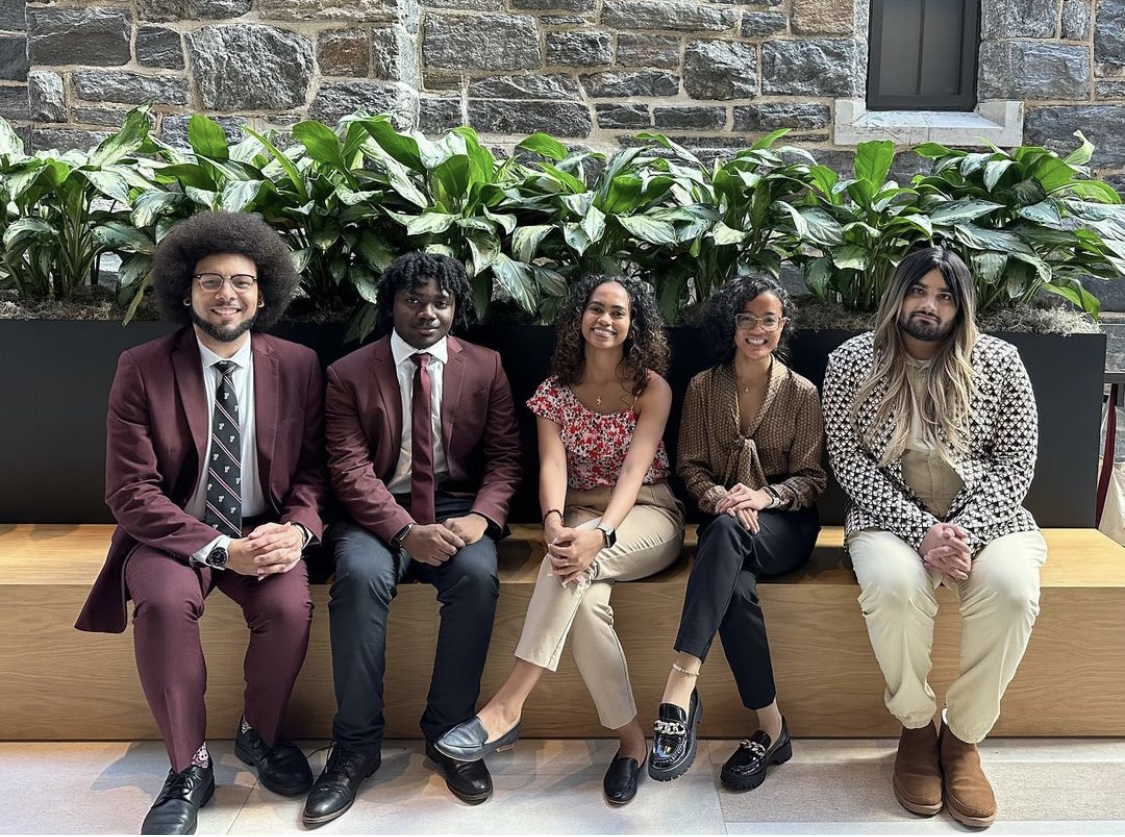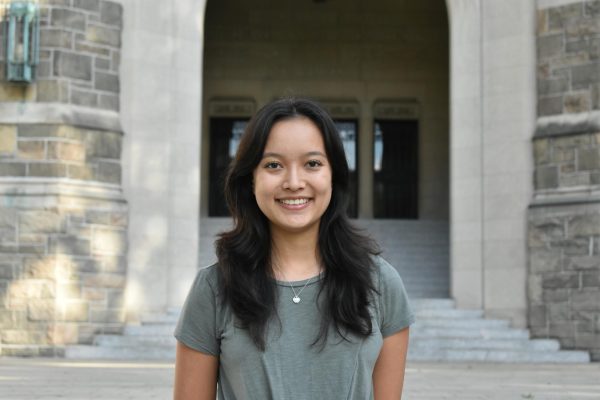The Office of Multicultural Affairs (OMA) and the Office of Student Involvement (OSI) hosted their annual BIPOC Student Mixer in the Great Hall on Sept. 7. Different cultural clubs across campus participated and talked about their club.
Marie Castro, assistant director at OMA, explained that the main purpose of the mixer is to get new students involved on campus.
“Often [for] BIPOC students… it’s more of a struggle for them to find where they belong. And so we want to make sure we showcase all the affinity groups on campus of different cultures and identities to make sure they can find at least something that they can identify with,” Castro said.
Castro explained that the mixer officially started in 2020, but before that, it was known as the diversity dinner. The event was rebranded to make it more interactive with club leaders and less formal than the dinner.
“We wanted it to feel just more uplifting, more light. So more fun, for lack of better words, but that was the whole premise of it,” Castro said. “And so the BIPOC mixer is a space where there’s a lot more condensed, very close-knit way for students to get to know club leaders on a better basis.”
Phillip Real, GSB ’25, president of Fordham University’s Philippine American Club (FUPAC), explained that his club came to the mixer to express that anyone can participate in their activities.
“We brought people here today to kind of show our voice and spread the word about our club, and let all students know that regardless of whether you’re Filipino or not, you’re free to learn about our culture and enjoy it, participate in it,” said Real. “And we hope to get the point across that there’s a lot of things that our club offers, and we hope to be a community for everyone here at Fordham to participate and have fun.”
Angelina Sanchez, FCRH ’25, is president of Curl Talk — a club that facilitates conversation about curly hair and is able to talk about common interests.
“I think it’s really important, especially coming from someone from like, you know, a background where curly hair and natural hair isn’t always embraced,” said Sanchez. “It was important for me to start off my college journey and like the community where I felt included, so like in Curl Talk, I felt like, you know, I had people that looked like me and like we shared similar struggles and interests to do with hair, which is a big part of my identity.”
She added: “Being able to create this club and grow it really from the bottom up has been such an experience. I have a really great E-board. We all work really well together. So that definitely enhances our experience, and I think we really created Curl Talk because of our drive and our motivation. But in general, like the BIPOC mixer, this was just like a cute little community. We can focus on the cultural clubs on campus and really bring people together where, you know, in other settings, there isn’t really an emphasis on people who are BIPOC.”
Chelsea Usiomwanta, FCRH ’24, also participated in the mixer with the Caribbean and African Student Association (CASA). Usiomwanta is the president of the club and explained the differences between CASA and other affinity groups.
“With the Caribbean African Student Association, I just think it’s important to highlight the difference between the diaspora. We really love our sister club — ASILI that focuses on Black issues within the diaspora — but we at CASA specifically focus on there’s a difference and highlight and embrace those differences,” said Usiomwanta. “It’s just really important to be here because it just shows how important diversity is within a PWI like Fordham.”
Overall, Castro emphasized that students of all identities are encouraged to join the mixer and future events.
“You do not have to identify within that specific culture to get involved, and I almost encourage people who don’t identify to join to kind of push their growing edge and learn something new,” said Castro.








































































































































































































